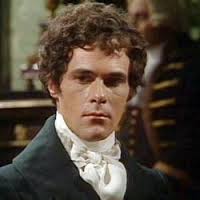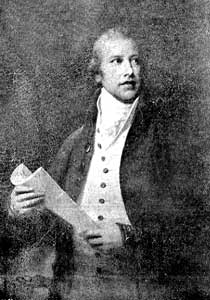In developing the plot of “The Formidable Mrs Elizabeth Darcy” I wanted to give Darcy some sort of backstory my feeling being a man that intelligent and resolute would never be content just to stand in the wings of history… he would want to shape history. I never saw Darcy and Elizabeth returning to Pemberley and being happy to while away their lives running the estate. I wanted Darcy – and Elizabeth – involved with the BIG questions of the day: the war with France, the abolition of the slave trade and the struggle of the Irish for independence. Having Darcy involved in these was a challenge and – inevitably – my mind turned to espionage.
I have to admit that I had never thought the Georgians would be much taken by espionage so it came as something of a surprise when I read about the Alien Office. This was established as a consequence of the Aliens Act of 1793, this passed because of the concerns of the English parliament that amongst the refugees fleeing France and the Revolution would be those up to no good (doesn’t history have an uncomfortable habit of repeating itself?).
The Act required that foreigners had to wait at their port of arrival until the Alien Office issued them with a passport. Hence, the mission of the Alien Office was to verify the bona fides of the emigrés coming to England and then to monitor their activities, but this soon expanded until it became a fully-functioning intelligence service.
The full scope of the Alien Office’s dabblings will never be fully appreciated given that most of its records were destroyed when peace was concluded between France and England in 1815 (this presumably to protect Establishment figures from the dirt the AO had unearthed about them), but it certainly monitored mail going to and from the continent and it also managed the substantial network of spies that England employed on the continent.
What made the Alien Office especially intriguing was that for much of its existence it was run by a man called William Wickham. It says much for Wickham’s importance that before Napoleon sat down to negotiate the Treaty of Amiens he demanded that Wickham be recalled to England.

Now I guess you can imagine the temptation this posed for a writer developing a sequel to “Pride and Prejudice” and I will admit I toyed with the thought of making William Wickham a cousin to P&P’s George Wickham. It was a temptation I resisted. What I did do was take inspiration from William Wickham’s work in Ireland. After his return to England he was made Chief Secretary for Ireland from 1802-1804 finally resigning because he felt the government of Ireland by the English to be “unjust, oppressive and unchristian”.
This is a sentiment echoed by Fitzwilliam Darcy.
